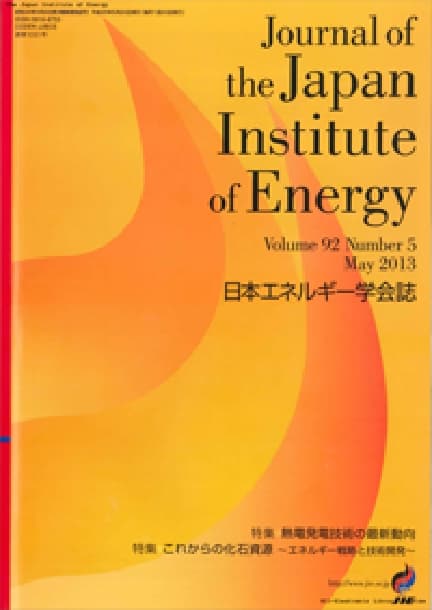畜産廃棄物利活用のための地域最適システム設計に関する研究
河西 英明, 森岡 泰樹, 中田 俊彦
pp. 256-264
DOI:
10.3775/jie.86.256抄録
A linear optimization model to design livestock manure disposal system has been developed. The model can design the most economically efficient disposal system under the restriction of nitrogen supply, which has to be less than nitrogen demand in agricultural land to prevent water and land pollution. The livestock manure considered in the model are dairy cattle, beef cattle, swine, and poultry excreta. The disposal facilities considered here are composting, carbonization, wet methane fermentation, dry methane fermentation and poultry manure boiler. The optimization model has been applied for case study focused on Tome-city with four scenarios, such as scenario 1; reference case, scenario 2; subsidy for biogas plant case, scenario 3; facilitation of organic fertilizer utilization case, and scenario 4; combination of scenario 2 and 3. In the reference case, because of low demand for organic fertilizer, much of the live stock manure is processed in carbonization facility and not utilized as compost or liquid fertilizer. The result indicates that the facilitation of organic fertilizer utilization is the best policy option to maximize economic efficiency. Moreover, the combination of subsidy for biogas plant and facilitation of organic fertilizer utilization is the best policy option for energy utilization of livestock manure.
他の人はこちらも検索
日本エネルギー学会誌 Vol.85(2006), No.7
日本エネルギー学会誌 Vol.87(2008), No.9
日本エネルギー学会誌 Vol.88(2009), No.2










